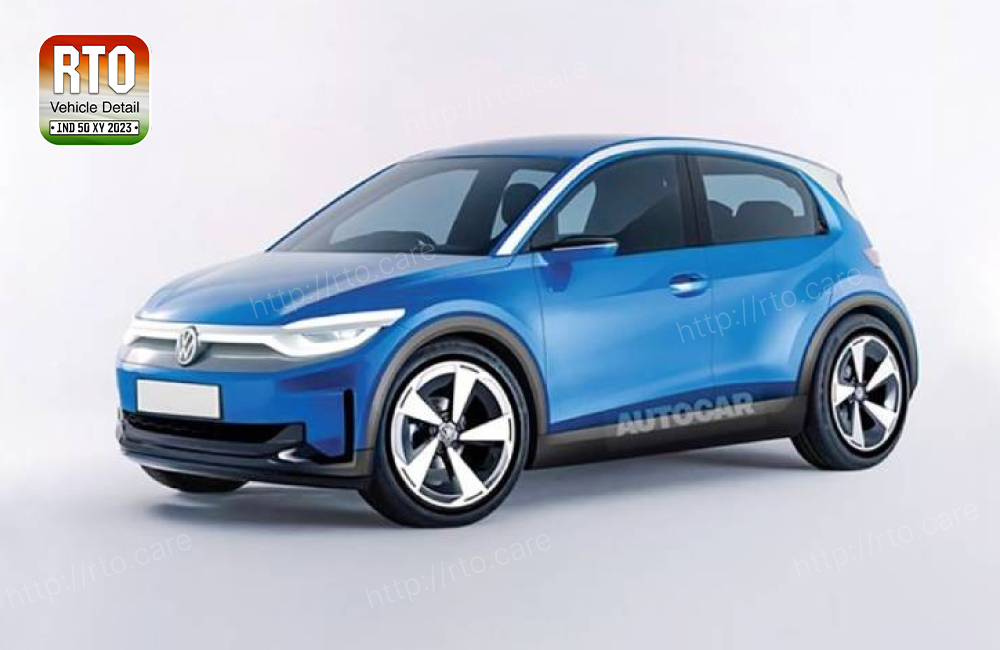Volkswagen, the world's second largest carmaker, has revealed its intention to shift its investments in India away from locally produced internal combustion engine (ICE) vehicles. Instead, the company is looking to focus its resources on Electric Vehicles (EV) as part of its future strategy. Volkswagen brand CEO Thomas Schaefer emphasized this change in an interview with the Indian media ahead of the Munich Motor Show 2023.
Schaefer questioned the investment in new ICE models, saying it would take three years to industrialize such models. He questioned whether this is the right use of funds when the future lies in EVs. Volkswagen recognizes that India is pushing for EVs for its future, and the company aims to align with this vision.
Volkswagen is fully committed to driving EV adoption and building a strong EV portfolio. Schafer said the company plans to bring 11 electric vehicles to its lineup by 2027, making it one of the leading mainstream carmakers in the world in terms of EV offerings.
Volkswagen Group has allocated a substantial investment of 180 billion Euros (roughly Rs. 15,81,840 crores) for the next five years. Every country including India is competing to get its share in this investment. Schaefer stressed the importance of solid capital allocation and said India has the potential to be part of this investment. However, the decision to invest in India will depend on various factors, including viability of the business case, volume, local manufacturing plans and brand partnerships. Schaefer said that if they decide to industrialize, it could involve an investment of one billion euros.
Volkswagen is exploring two options for the Indian market. One option is to localize the MEB21 platform, which involves producing EVs with localized batteries in India for both domestic use and exports. However, Schaefer said this approach is still being worked on and has not been finalized.
Meanwhile, Volkswagen will rely on importing premium models for the top end of the Indian market, including models like the Tiguan, seven-seat Tayron and ID4, which are expected to be launched in the next 12-24 months.










